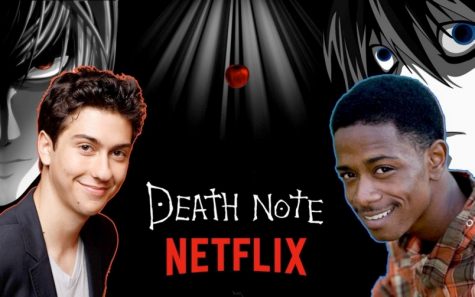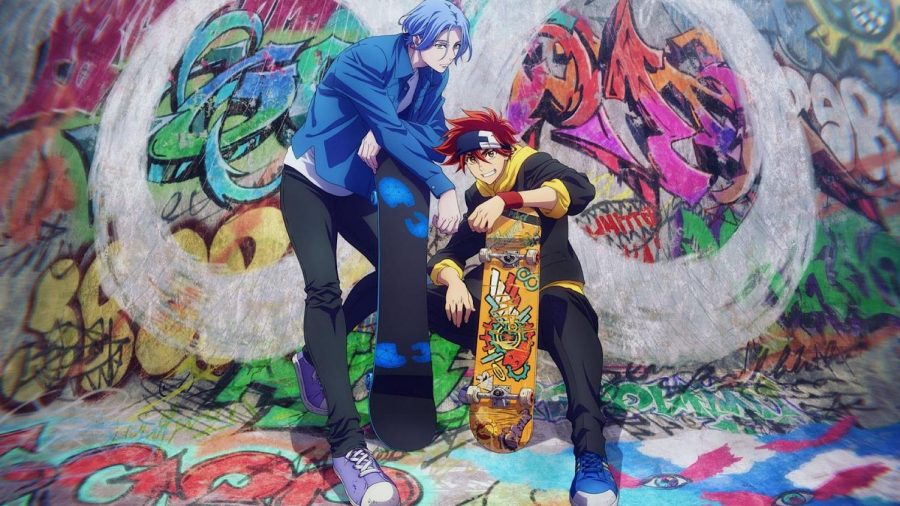Meme Marketing is Dream Marketing
How many times have you come across memes related to a show or movie you’ve never seen before? Have you ever consumed a piece of media just because of the number of jokes made about it? If so, you’ve experienced “meme marketing,” a surprisingly powerful tactic to build up excitement and bring popularity to media, a tactic mainly utilized by fans.
Back in January, the new anime Sk8 the Infinity about skateboarders competing in races started airing only to meet an underwhelming response from the anime community. Since it was a completely new story and not an adaptation of any preexisting media, it didn’t have an established fanbase to build on, save for some who had enjoyed the author’s previous work. However, on April 10, Twitter user @SAKURAYASHIKIZ (and then later @kaegozho) posted a clip from the English dub of Sk8 in which the antagonist Adam addresses a crowd (with a few expletives) and gives a mention non-binary people. This ounce of representation — something no one had ever seen in an anime — blew up, with the video reaching one million views on Twitter in two days.
Soon after, a ridiculous number of Sk8 anime dub meme compilations were created, and curious viewers raced to the series, either to see the memes for themselves or because they discovered that to their surprise, the story was actually super interesting!
Memes are one way to bring in interest to a piece of media — so important that one of the widely agreed upon reasons for the rapid downfall of Quibi, the mobile streaming service with short-form videos, is the lack of meme-able material. People were unable to take screenshots to post on social media or make memes, meaning that they did not receive the free publicity that the Internet’s penchant for reaction images and jokes brings.

But your standard memes and reaction images aren’t the only kind of meme marketing. Badly made adaptations can also breathe new life into a dead or dying fandom as they band together to rip the adaptation to shreds. An obvious example of this phenomena is the 2017 American live-action remake of Death Note, an immensely popular manga and anime. The remake was riddled with problems ranging from whitewashing to bizarre name changes to completely changing the main character’s motivation from creating an ideal crime-free utopia into “trying to woo a cheerleader.” Since the Death Note anime — the most popular version of Death Note — ended in 2007, the once fervent fan base had been fading away for an entire decade. However, this horribly mangled adaptation brought the fandom back from the dead both to laugh at Netflix and reminisce about how much they used to enjoy the series.
However, Death Note is not the only beloved series to have gotten a laughably bad adaptation. Avatar: The Last Airbender, a beloved animated Nickelodeon TV series that ended in 2008 received a live-action remake, with its issues including yet another whitewashing controversy, an attempt to cram hours of story into a short period of time, a lack of humor, egregious script writing, and more. Much like the old Death Note fans, ATLA fans rushed in to make fun of and get angry at the movie together, and many decided to re-watch the show in order to cleanse their minds of the sorry excuse of a remake.
Meme marketing is a powerful method of advertising and bringing back old pieces of media. It’s free publicity, viewers spread it themselves, and it reminds fans of the love they may have once held for a show or movie. By allowing screenshots and encouraging memes, media producers can build up hype around an otherwise unknown project. And even if a remake of a franchise turns out badly, at least fans can gather together and relive the love they once had for it.


